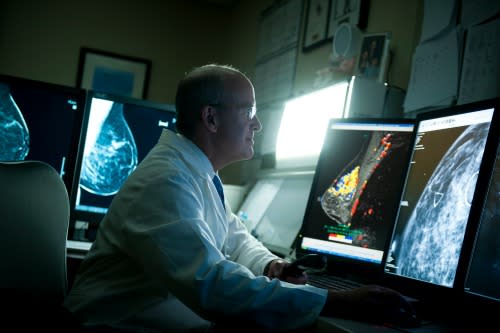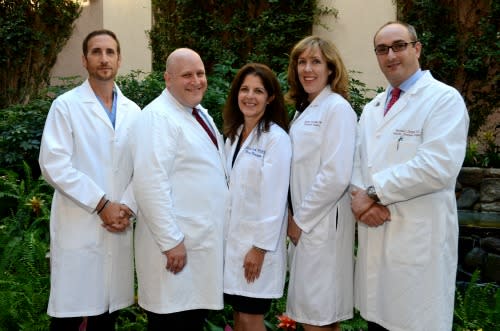Why screening for colorectal cancer could save your life
Published: November 04, 2024l
Actor James Van Der Beek recently shared that he's been diagnosed with colorectal cancer.
"I have colorectal cancer. I've been privately dealing with this diagnosis and have been taking steps to resolve it, with the support of my incredible family," Van Der Beek, 47, told People. Van Der Beek stated that in the summer of 2023, he experienced changes in his bowel movements. He initially thought his diet was to blame but sought a colonoscopy which led to a cancer diagnosis. Today, he said he feels good and "there's a reason for optimism."
Detected and treated early, colorectal cancer is often curable and even preventable. And, the key to early detection and treatment is screening with colonoscopy, starting at age 45.
Colorectal cancer is the third most common type of cancer — excluding skin cancers — diagnosed in both men and women in the United States, according to the American Cancer Society. It affects 1 in 23 men and 1 in 25 women, with the median age at diagnosis for colon cancer being 68 in men, 72 in women, and the risk increasing with age.
These new guidelines also pertain to African Americans who, because of complex risk factors, are more likely than other racial or ethnic groups to develop colorectal cancer
Additionally, greater access to advanced diagnostics may play a role in higher incidences. With X-rays, MRIs, and ultrasounds at our fingertips, we can now spot these cancers in their earliest, most treatable stages.
Stamford Health works with a free, local ride service, FISH of Stamford, which will take you home from your appointment (on Monday-Thursday, 9AM – 4PM), as long as you have no other means of transportation and schedule your ride at least two days in advance.
I’ve seen many people in their 50s whose colorectal cancer we could have prevented had we started screening them at age 45. Early screening and detection with a colonoscopy for colorectal cancer is the key to survival and a complication-free life.
"I have colorectal cancer. I've been privately dealing with this diagnosis and have been taking steps to resolve it, with the support of my incredible family," Van Der Beek, 47, told People. Van Der Beek stated that in the summer of 2023, he experienced changes in his bowel movements. He initially thought his diet was to blame but sought a colonoscopy which led to a cancer diagnosis. Today, he said he feels good and "there's a reason for optimism."
Detected and treated early, colorectal cancer is often curable and even preventable. And, the key to early detection and treatment is screening with colonoscopy, starting at age 45.
Why screening for colorectal cancer matters
A colonoscopy detects and prevents at least 95% of colon cancers. By scheduling a screening at the age of 45, you’ll increase the likelihood that your cancer is completely curable, particularly if you’re asymptomatic or have only early signs of disease. If a colorectal cancer is detected at a later stage, it may require chemotherapy, multiple surgeries and may not be curable.Colorectal cancer is the third most common type of cancer — excluding skin cancers — diagnosed in both men and women in the United States, according to the American Cancer Society. It affects 1 in 23 men and 1 in 25 women, with the median age at diagnosis for colon cancer being 68 in men, 72 in women, and the risk increasing with age.
What are the risk factors for colorectal cancer?
The risk factors for colorectal cancer include:- A personal history of colorectal cancer or certain types of polyps.
- A family history of colorectal cancer.
- A personal history of inflammatory bowel disease (ulcerative colitis or Crohn’s disease).
- A confirmed or suspected hereditary colorectal cancer syndrome, such as familial adenomatous polyposis or Lynch syndrome (hereditary non-polyposis colon cancer).
- A personal history of getting radiation to the abdomen or pelvic area to treat a prior cancer.
These new guidelines also pertain to African Americans who, because of complex risk factors, are more likely than other racial or ethnic groups to develop colorectal cancer
What are the symptoms of colon cancer?
Early potential signs of colon cancer include rectal bleeding, change in bowel habits, weight loss, abdominal pain, diarrhea or constipation, iron deficiency or iron deficient anemia. The chronic occurrence of one or more of these symptoms is worth a conversation with your doctor.Why is colorectal cancer more common today?
Various factors may contribute to increasing incidences of colorectal cancer, including obesity, poor nutrition, and lack of exercise. While obesity doesn’t cause colorectal cancer, it is a risk factor.Additionally, greater access to advanced diagnostics may play a role in higher incidences. With X-rays, MRIs, and ultrasounds at our fingertips, we can now spot these cancers in their earliest, most treatable stages.
Which screening test for colorectal cancer is best?
There are two different kinds of screening tests for colon and rectal cancers:- Colonoscopy.
- At-home fecal immunochemical test, or FIT.
What is a colonoscopy?
Colonoscopy is the “gold standard” because of its high degree of accuracy. Conducted under anesthesia, this procedure uses a long, flexible tube (colonoscope) with a tiny video camera that examines the inside of the colon for cancer and large pre-cancerous polyps.How often should you get a colonoscopy?
If you are healthy, with no symptoms or family history of colorectal cancer, then you should have a colonoscopy every 7-10 years beginning at age 45. If you have a personal or family history of polyps or colorectal cancer, then you should have your first screening at least 10 years before the age of your family member’s diagnosis. For example, if one of your parents had colorectal cancer in their 50s, then you might start screening at age 40, since the cancer likely began growing a couple of years before diagnosis.What is an at-home FIT?
Instead of colonoscopy, you may take an at-home fecal immunochemical test or FIT, which detects blood in the stool, a possible sign of colorectal cancer. However, at-home stool tests, while they detect a majority of colon cancers, detect only 42% of large, potentially pre-cancerous polyps. An at-home test is good for patients who are older, and at higher risk for colorectal cancer and complications from colonoscopy. If it comes back positive, a follow-up colonoscopy is generally recommended. A negative result means you should repeat the FIT in three years.Stamford Health’s Open Access makes colorectal screening easy and accessible
Stamford Hospital’s Open Access system makes it easy to schedule a colonoscopy. Just call 203.276.8490, a nurse will screen you over the phone to make sure you’re a good candidate, and if you’re healthy enough and of the right age, then you can make an appointment within a few weeks. You don’t need a referral.Stamford Health works with a free, local ride service, FISH of Stamford, which will take you home from your appointment (on Monday-Thursday, 9AM – 4PM), as long as you have no other means of transportation and schedule your ride at least two days in advance.
I’ve seen many people in their 50s whose colorectal cancer we could have prevented had we started screening them at age 45. Early screening and detection with a colonoscopy for colorectal cancer is the key to survival and a complication-free life.
About the Author
Robert M. Dettmer, MD, is a gastroenterologist at Stamford Health.Featured Expert/ Author




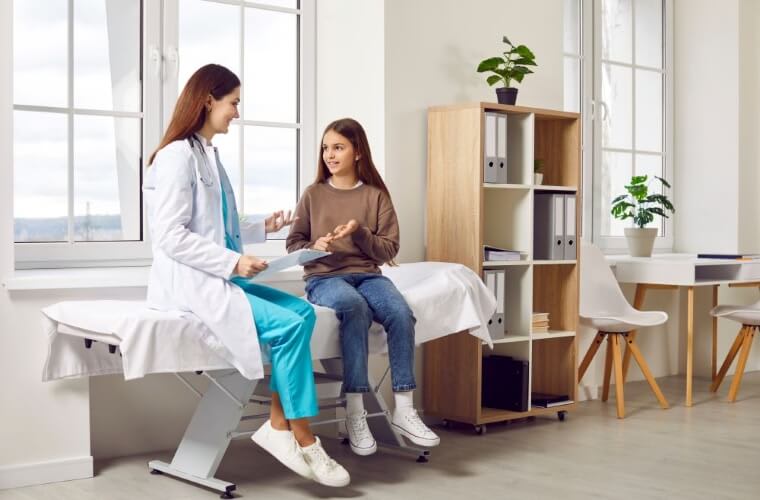

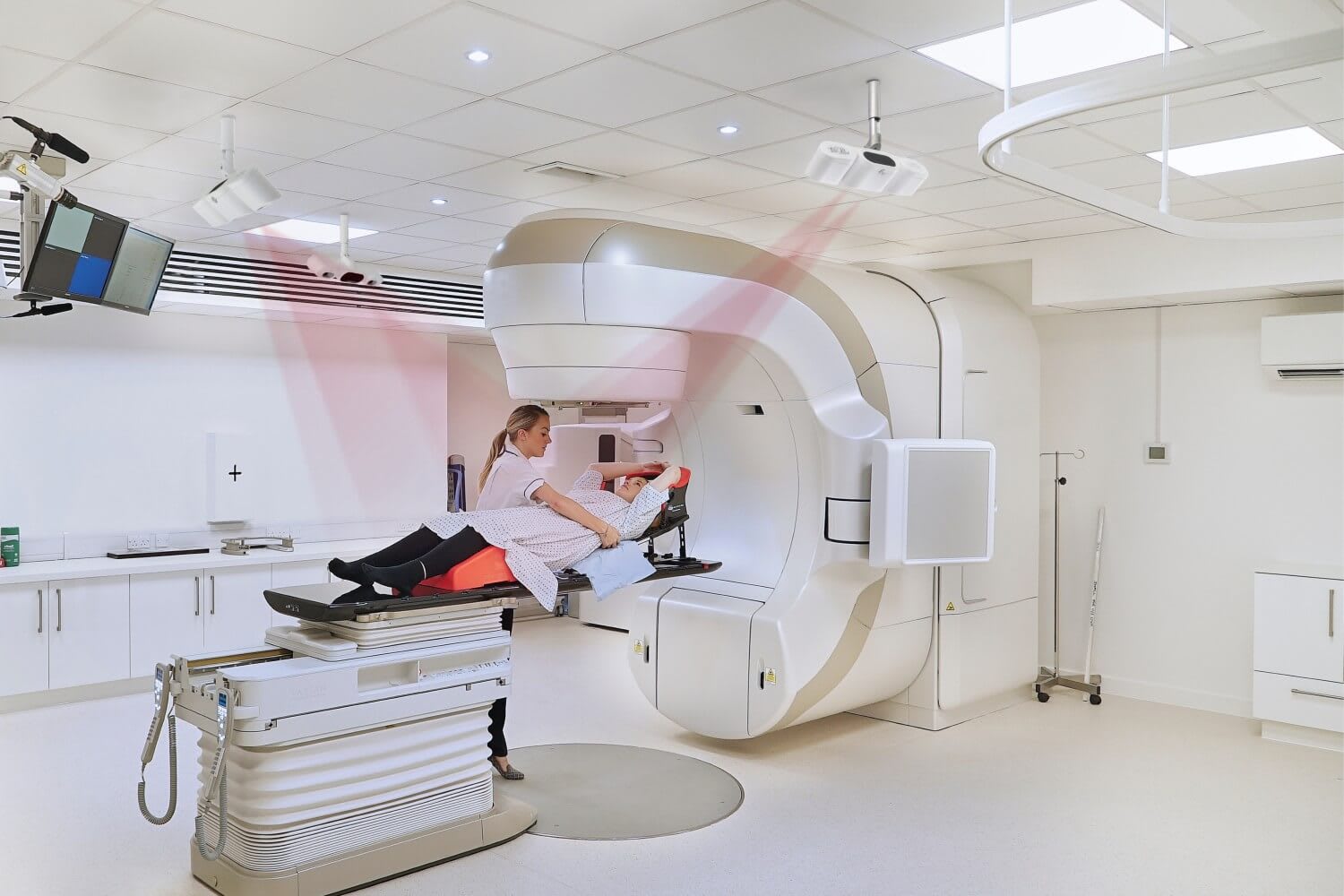
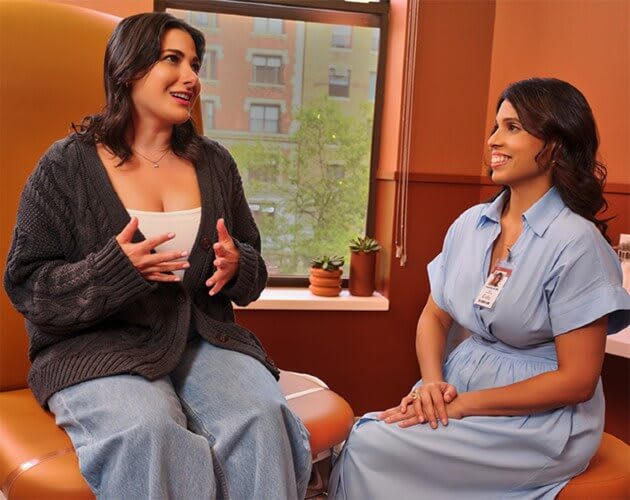



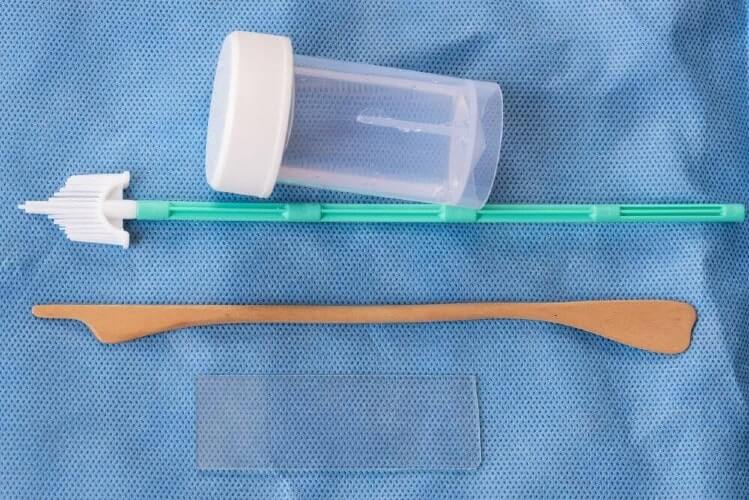










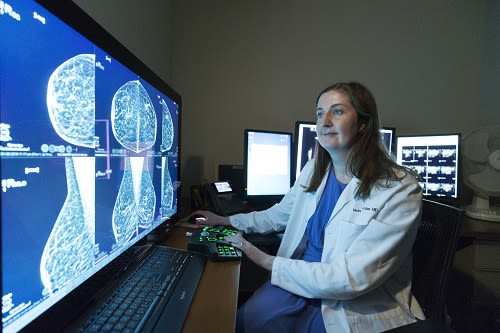



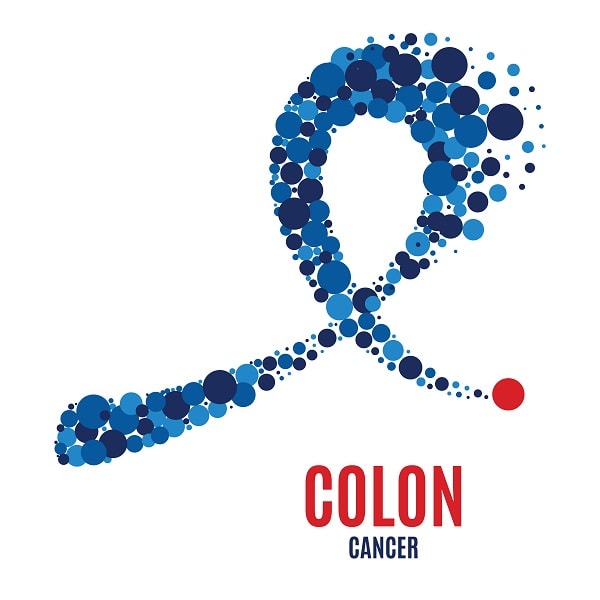

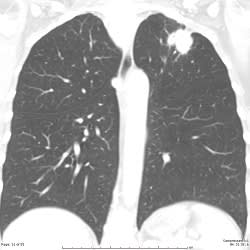





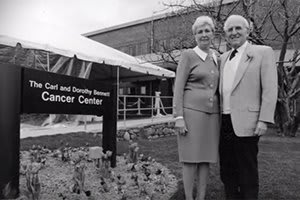







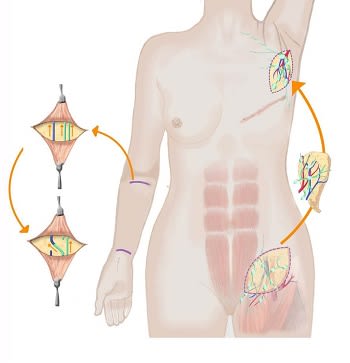


















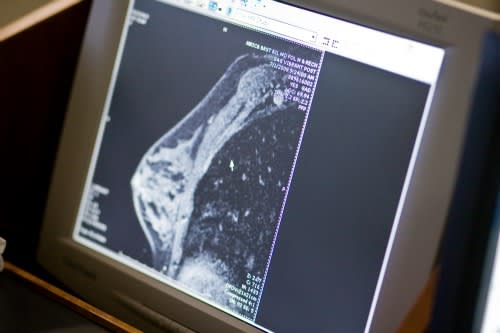








)


)

)
)
